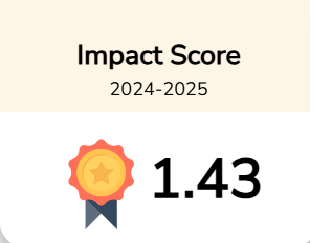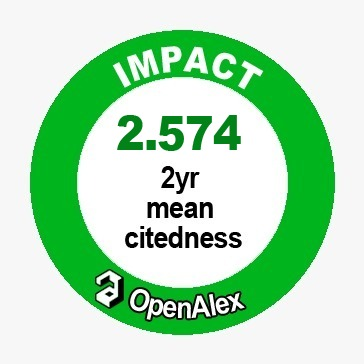Knowledge of University Teachers about HIV/AIDS and Microbiocides in Karachi Pakistan
Prevalence of AIDS and HIV infection is currently low in Pakistan but is at risk of sharp increase. The future risk of HIV epidemic would be associated with knowledge attitude and practices of general public. Monitoring of level of awareness is essential in order to safeguard against outbreak of HIV/AIDS epidemic. This study assessed the level of awareness of nearly 188 university teachers (112 male & 76 female) with the help of a self administered questionnaire that had 30 items to be marked True or False. All the participants had a postgraduate degree in science subjects and included 14 having Ph.D. degrees. Mean number of correct answers was 14.5 (48.5%). Proportion of correct answers was relatively higher for questions pertaining to definition (63%) as compared to those related to transmission (49%), prevention (47%), testing (45%) or rapid testing (45%). The two questions most frequently answered wrong were that subjects mentioned it false that “HIV is destroyed by bleach” (90%); and considered it true that, “If someone gets HIV through needle sharing, that person can only spread HIV by sharing needles with other people” (74%). The level of awareness of highly educated professionals was not satisfactory and indicates need for increasing measures to educate the public about HIV and AIDS.





